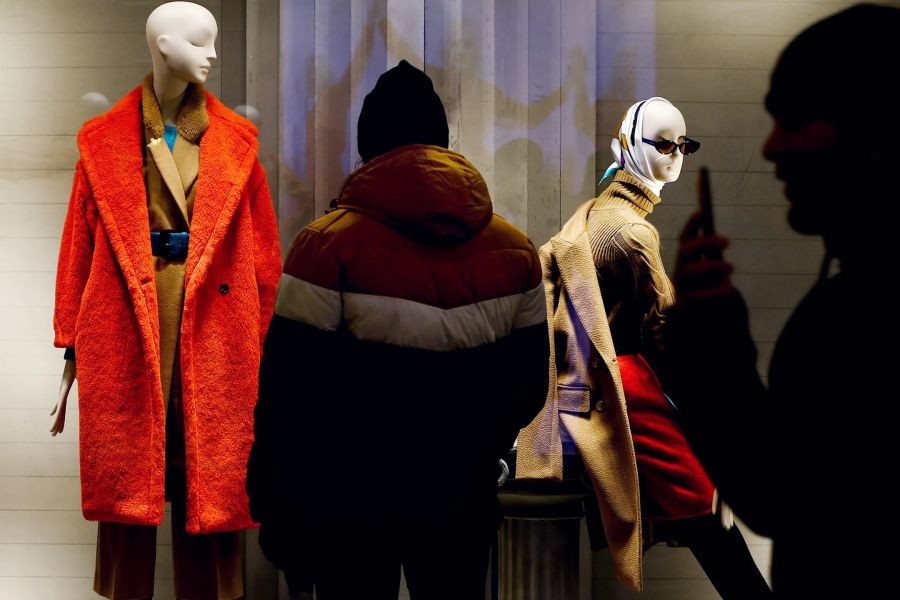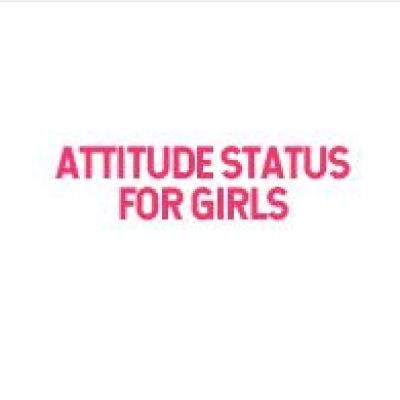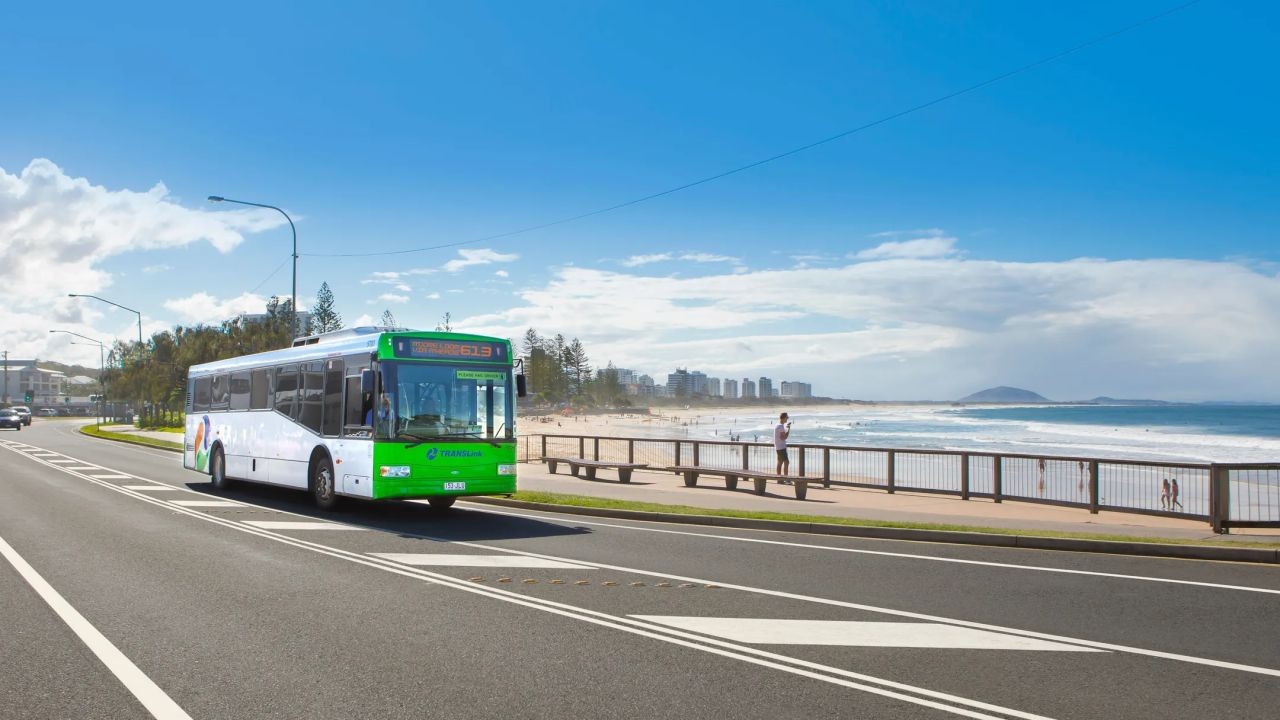New Zealand's fashion industry has long been characterized by its unique blend of creativity, sustainability, and innovation. While often overshadowed by the major fashion capitals of the world such as Paris, Milan, and New York, New Zealand's fashion scene is quietly making strides on the global stage. The question remains: Can New Zealand's fashion industry truly compete with these giants, or is it destined to remain a niche player?
Understanding New Zealand's Fashion Landscape
New Zealand's fashion industry is marked by its commitment to sustainability, a factor that increasingly influences consumer choices worldwide. According to data from the Ministry of Business, Innovation & Employment (MBIE), there has been a 15% increase in consumer demand for sustainable fashion products in New Zealand over the past five years. This trend aligns with global shifts towards eco-friendly practices, giving New Zealand a potential competitive edge.
However, New Zealand faces significant challenges, including its geographic isolation and relatively small market size. These factors can lead to higher production costs and limited economies of scale compared to major fashion capitals. Despite these hurdles, Kiwi designers have found ways to innovate and thrive, often leveraging online platforms and e-commerce to reach global audiences.
Case Study: Karen Walker – A Kiwi Fashion Success Story
Problem:
Karen Walker, a renowned New Zealand fashion designer, faced the challenge of expanding her brand globally while maintaining her commitment to sustainability and quality. Operating from a small market like New Zealand, scaling up and gaining international recognition posed a significant challenge.
Action:
Walker implemented a multi-channel strategy focusing on e-commerce and social media to reach international markets. She also collaborated with global retailers and showcased her collections at international fashion weeks to increase brand visibility.
Result:
Within five years, Karen Walker's brand saw a 30% increase in international sales, with her eyewear line becoming particularly popular in markets such as the United States and Asia. Her commitment to sustainability resonated with global consumers, further enhancing her brand's appeal.
Takeaway:
This case study highlights the potential for New Zealand fashion brands to compete on a global scale by leveraging digital platforms and emphasizing sustainability. Kiwi designers can draw inspiration from Walker's approach to expand their reach and influence.
Pros and Cons of Competing with Major Fashion Capitals
✅ Pros:
- Sustainability Leadership: New Zealand's focus on eco-friendly fashion practices aligns with global consumer trends, providing a competitive advantage.
- Unique Designs: The country's rich cultural heritage and innovative spirit result in distinctive fashion offerings.
- Agility: Smaller market size allows for quicker adaptation to new trends and consumer demands.
❌ Cons:
- Geographic Isolation: Distance from major markets can lead to higher shipping costs and logistical challenges.
- Limited Economies of Scale: Smaller production volumes can result in higher per-unit costs.
- Market Size: The domestic market is relatively small, limiting initial growth opportunities.
Debunking Common Myths
Myth: "Only major fashion capitals can dictate global trends."
Reality: The rise of digital platforms has democratized fashion, allowing brands from anywhere, including New Zealand, to influence global trends. (Source: Fashion Industry Report 2023)
Myth: "Sustainable fashion is too expensive to be competitive."
Reality: With innovations in materials and processes, sustainable fashion is becoming increasingly cost-effective. New Zealand brands are at the forefront of this shift. (Source: MBIE Sustainability Report 2024)
Future Trends and Predictions
Looking ahead, New Zealand's fashion industry is poised to capitalize on its strengths in sustainability and digital innovation. By 2028, it is predicted that New Zealand's fashion exports will grow by 25%, driven by increased demand for ethical and sustainable products (Source: Deloitte Fashion Forecast 2024). Furthermore, advancements in digital technologies, including virtual fashion shows and AI-driven design processes, will enable Kiwi designers to reach even broader audiences without the need for physical presence in major fashion capitals.
Final Takeaways
- Fact: New Zealand's fashion industry is growing, with a 15% increase in sustainable product demand.
- Strategy: Embrace digital platforms to expand global reach and visibility.
- Mistake to Avoid: Relying solely on traditional retail models; diversify through e-commerce.
- Pro Tip: Highlight sustainability credentials to attract eco-conscious consumers.
Conclusion
New Zealand's fashion industry has the potential to compete with major fashion capitals by harnessing the power of sustainability and digital innovation. For Kiwi designers, the path forward involves embracing these strengths and continuing to adapt to changing consumer preferences and technological advancements. To stay informed and ahead of the curve, consider subscribing to industry newsletters and engaging with global fashion communities.
People Also Ask (FAQ)
- How can New Zealand fashion brands compete globally? New Zealand brands can compete by leveraging digital platforms, focusing on sustainability, and offering unique designs that resonate with global trends.
- What are the benefits of sustainable fashion? Sustainable fashion reduces environmental impact, appeals to eco-conscious consumers, and can lead to cost savings through innovative practices.
- What challenges do New Zealand fashion brands face? Geographic isolation, higher production costs, and a small domestic market are key challenges for New Zealand fashion brands.
Related Search Queries
- New Zealand fashion industry trends
- Sustainable fashion in New Zealand
- Top New Zealand fashion designers
- Fashion e-commerce strategies
- Impact of digital innovation on fashion
- Global fashion trends 2024
- How to start a fashion brand in New Zealand
- Fashion industry challenges and opportunities
- Case studies of successful fashion brands
- Future of sustainable fashion


































jameyboothman9
7 months ago